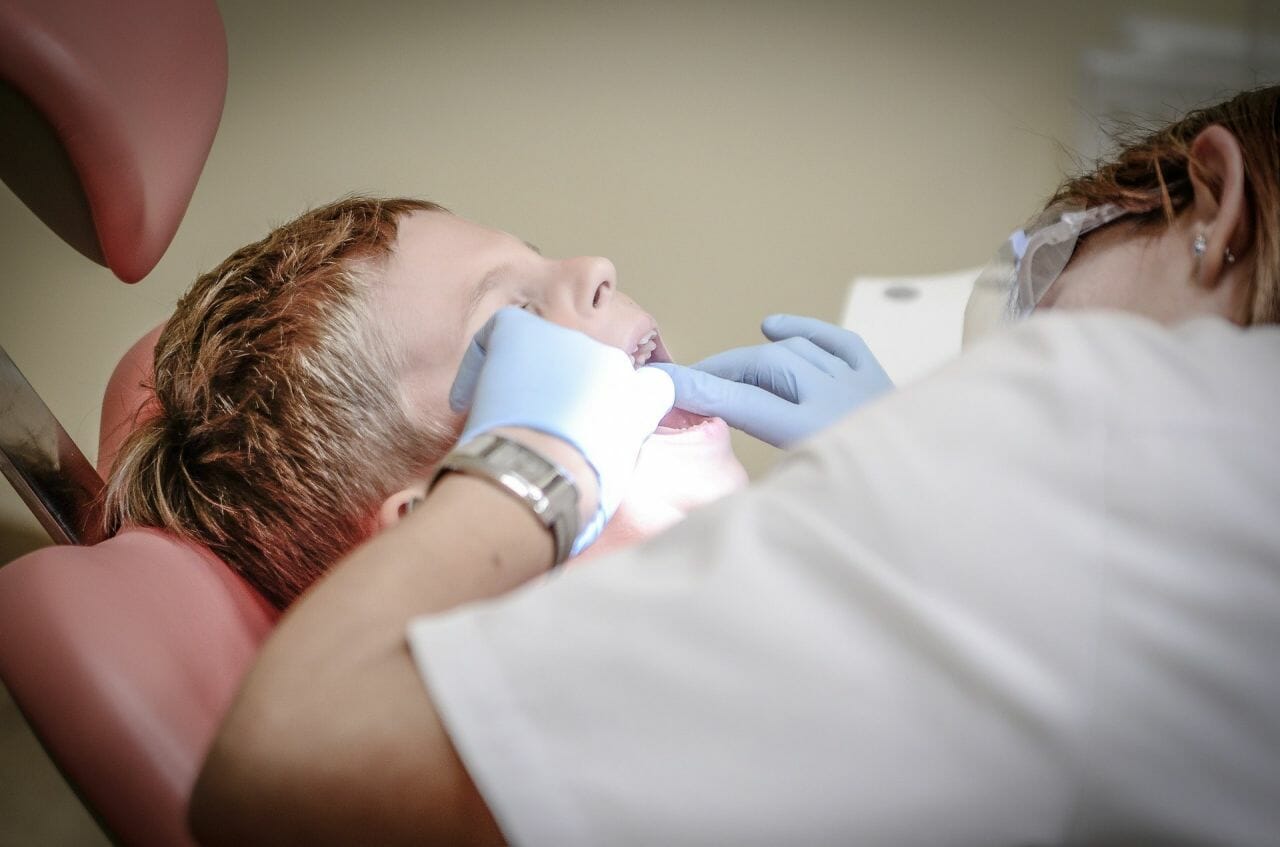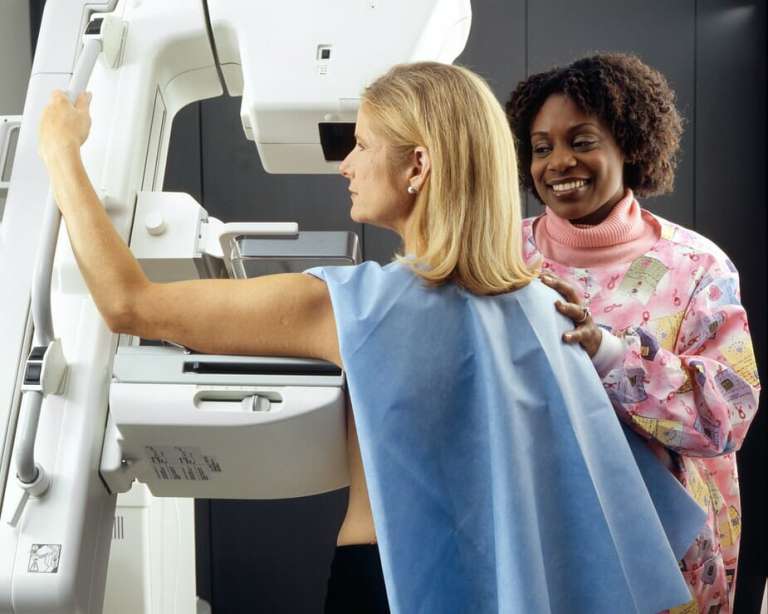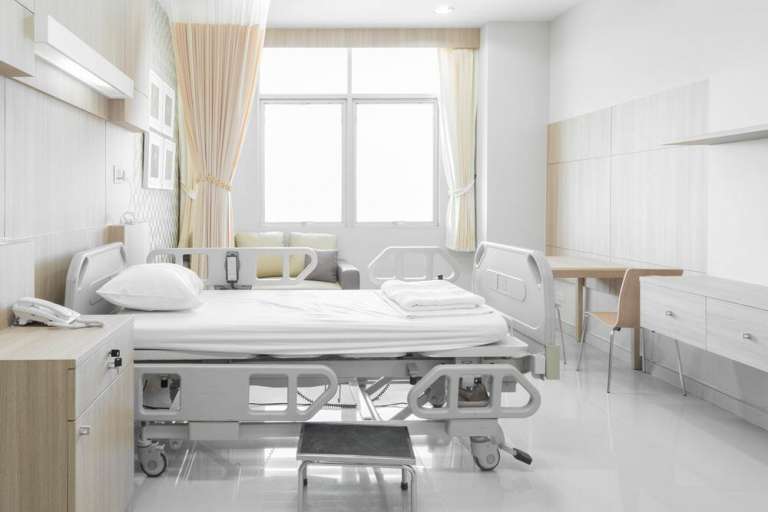Dentists reopen across England and Wales today
On 3 June, the Prime Minister announced that high street dentists would reopen to the public from 8 June. However, critics were quick to question the logic behind the decision.
What are the risks?
We are all aware of the risk that coronavirus poses to our communities, but it goes without saying that some places are more dangerous than others. Dental practices are transmission hotspots for many reasons, including:
-
An inability to social distance.
The nature of dentistry makes adhering to government’s recommended 2 meter social distancing guidelines impossible.
-
Aerosol generating procedures.
Aerosols are very small particles, which are capable of staying in the air longer than a normal droplet would. This increases the risk of transmission significantly and are created during a number of common dental procedures
-
Volume of people.
In addition to the circumstances being ripe for the transmission, dentists see many patients in one day. This means the potential for transmission to a high number of people is prevalent.
Is it safe for dentists to reopen?
Reopening safely will require a reduction of the risks detailed above. Some of these are easier to eliminate than others, but Pandora Dental, an Association of Independent Dental Surgeons, certainly think that it is possible. In May they published a protocol which included suggestions on how this could be done. They even conducted a survey, which suggests that only 7% of 5,755 dental professionals surveyed experienced COVID-19 symptoms, prior to lockdown. They concluded that the fact this number is less than what was reported by the general population in a similar survey, is testament to the effectiveness of even basic protective equipment.
Going forward, perhaps the question should be ‘how safe do dentists have to be?’ Risks have always been present when attending the dentist. In 2014/15 Influenza was associated with 28,300 in England. Yet you probably never gave a second thought to the prospect of catching the flu on your last trip to the dentist. With this in mind and the fact that there’s no guarantee that the novel strain of coronavirus is going anywhere soon, it would be reasonable to expect minimisation, rather than eradication of any risks. Otherwise, we open the possibility of walking into a dental health crisis, at the end of the current pandemic.
How will dentists minimise the risks?
With one full working day left until the date for reopening, The Office of Chief Dental Officer published guidance on the transition ‘towards the resumption of the full range of dental provision’.
The expectation is that initially practices will only provide urgent dental care. But with the flexibility to do what is best for each practices’ patients.
After this, the decision will be up to individual practices on how and when they expand the services they offer. These decisions will be based on how well PPE and infection prevention and control measures can be put in place at the practice.
Some of the specific measures being introduced to facilitate a return to dentistry are: –
- A COVID-19 triage risk assessment before patients attend the surgery;
- Continuing to utilise remote consultations, where possible;
- Strict PPE requirements;
- Limits on the types of procedures that can be done;
- Treating less people;
- Protective screens to shield staff, including those outside the clinical setting (like receptionists).
Will the safety measures be enough?
With such a new virus there is no way to know whether these preventative measures will be enough. On the face of it, you would expect the preventive measures recommended, if implemented properly, to significantly lower the risk to staff and patients. But it does not eradicate the chance of some transmission.
It is also notable that the preventative measures come at a financial cost. With the increased cost of PPE and a reduced volume of patients, cashflow may become an issue. Issues like this could foreseeably result in some struggling business taking unnecessary risks which impact on the wider community.
Does this mean my dentist appointments will return to normal?
Far from it. Of 2,053 practices surveyed in England, only 36% plan to reopen on Monday. And 60% intend to reopen by the end of June.
Even those that do open will not be running an ordinary service. Mick Armstrong, Chair of the British Dental Association, has said that “anyone expecting dentistry to magically return on Monday will find only a skeleton service”.
The low initial uptake is no doubt in part a result of the Government releasing their guidance on opening so late. But the fact that just over half of dentists intend to open in the next month reflects the difficulties implementing the necessary safety procedures on a practical level. It might also serve to help forecast the extent of a potential dental crisis, looming on the horizon. With many people already struggling to see a dentist, the impact of the extended closures and limited services on offer does not bode well.
Can I make a claim or complaint because my dentist will not treat me?
The legal test in a negligence claim looks at what other reasonable providers of the same service would have done. The recent publication of official guidance is no doubt welcome, as it sets a clear benchmark for practices to aim for.
If you have suffered an injury because of any treatment that you have received, or lack of treatment, you can contact us. Our team will be able to advise whether we can help you make a claim on a no win no fee basis.
However, if you have not suffered an injury, or are just looking to make a complaint, you should read the NHS’s advice about making a complaint. The British Dental Association do anticipate a spike in complaints though. Arising, they say, as a result of people not being offered treatment at an urgent dental centre, and also being unable to afford the treatment privately. This issue is compounded by the fact that they do not see the General Dental Council or the Care Quality Commission’s complaints processes set up to deal effectively with complaints like this.





